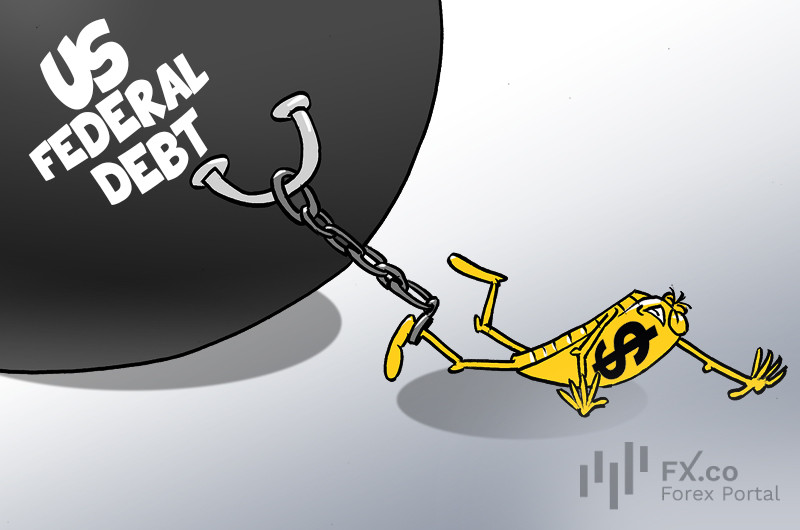
According to Asia Times, the US dollar's role as a key instrument of American influence is expected to diminish shortly. Chinese analysts attribute this to the substantial pressure exerted by the colossal US national debt. This development leads to speculation about China's perspective on the future insignificance of the dollar and the potential impact of global geopolitical tensions on the US currency. Although there is a possibility of the dollar's influence waning, it is generally viewed as unlikely, given the dollar's resilience through numerous global crises and financial upheavals. In response to this shifting financial landscape, several Asian nations are actively seeking ways to lessen their reliance on the US dollar. A notable development is the increase in the use of the yuan in Russia's trade with third countries, excluding China, which reached 25% by the end of 2023. The majority of Russia-China bilateral trade is now conducted in their national currencies. This trend is mirrored in agreements between other nations, exemplified by the currency swap trade between China and Saudi Arabia in November 2023, facilitating greater use of their national currencies in trade. Central banks' currency reserves in dollars have reportedly decreased below 60% in the past two decades, marking the lowest level in this timeframe. This figure was over 70% at the start of the 21st century. Though not a drastic drop, it is significant enough to suggest a waning of American economic dominance. At the same time, the economic clout of the BRICS countries is growing. In 2023, the combined GDP of the five BRICS nations, measured in terms of purchasing power parity, surpassed that of the G7. With more members in 2024, the BRICS group's influence is poised for further expansion. The Russo-Ukrainian conflict has also contributed to the dollar's weakening. The US's stringent sanctions on Russia post-February 2022, including a prohibition on USD purchases and the seizure of Russian foreign assets, are seen by Asia Times as factors that will likely erode the dollar's long-term standing. This could lead to a decrease in dollar investments and a shift away from the USD in international trade transactions. The diminishing share in global production, contrasted with the rise of developing nations, especially China, further complicates the situation for the US. China, now the main trade partner for over 120 countries with export volumes surpassing $3.6 trillion, is poised to potentially overtake the US in global trade leadership. China's share in the global economy has more than doubled to 18.5% over two decades, fueling market optimism. In contrast, the US share has decreased to 15.5% from 20.1%. However, the alarming scale of the US national debt raises significant concerns. Continually reaching new highs each year, the US debt now exceeds $33 trillion, representing 123% of the country’s GDP. Against this backdrop, the US Federal Reserve has to raise interest rates to manage the debt and counteract inflation, making debt service increasingly costly. The US has teetered on the brink of default in recent years due to this ballooning debt. In the current scenario, the greenback risks losing its preeminence in the global financial arena, despite currently being the dominant currency in worldwide transactions, accounting for 88% of them. Many non-Western countries are prepared to transition entirely to national currencies in their transactions to reduce USD dependency. Some Asian nations are even considering adopting the yuan or other BRICS nations' currencies as alternatives. The potential confiscation of frozen Russian assets by the US Treasury could further influence these countries' decision, potentially exacerbating tensions between Asian and Western nations. Experts believe that such developments could lead to a significant reduction in the dollar's global role, potentially the most considerable since World War II.
 English
English 
 Русский
Русский Bahasa Indonesia
Bahasa Indonesia Bahasa Malay
Bahasa Malay ไทย
ไทย Español
Español Deutsch
Deutsch Български
Български Français
Français Tiếng Việt
Tiếng Việt 中文
中文 বাংলা
বাংলা हिन्दी
हिन्दी Čeština
Čeština Українська
Українська Română
Română
